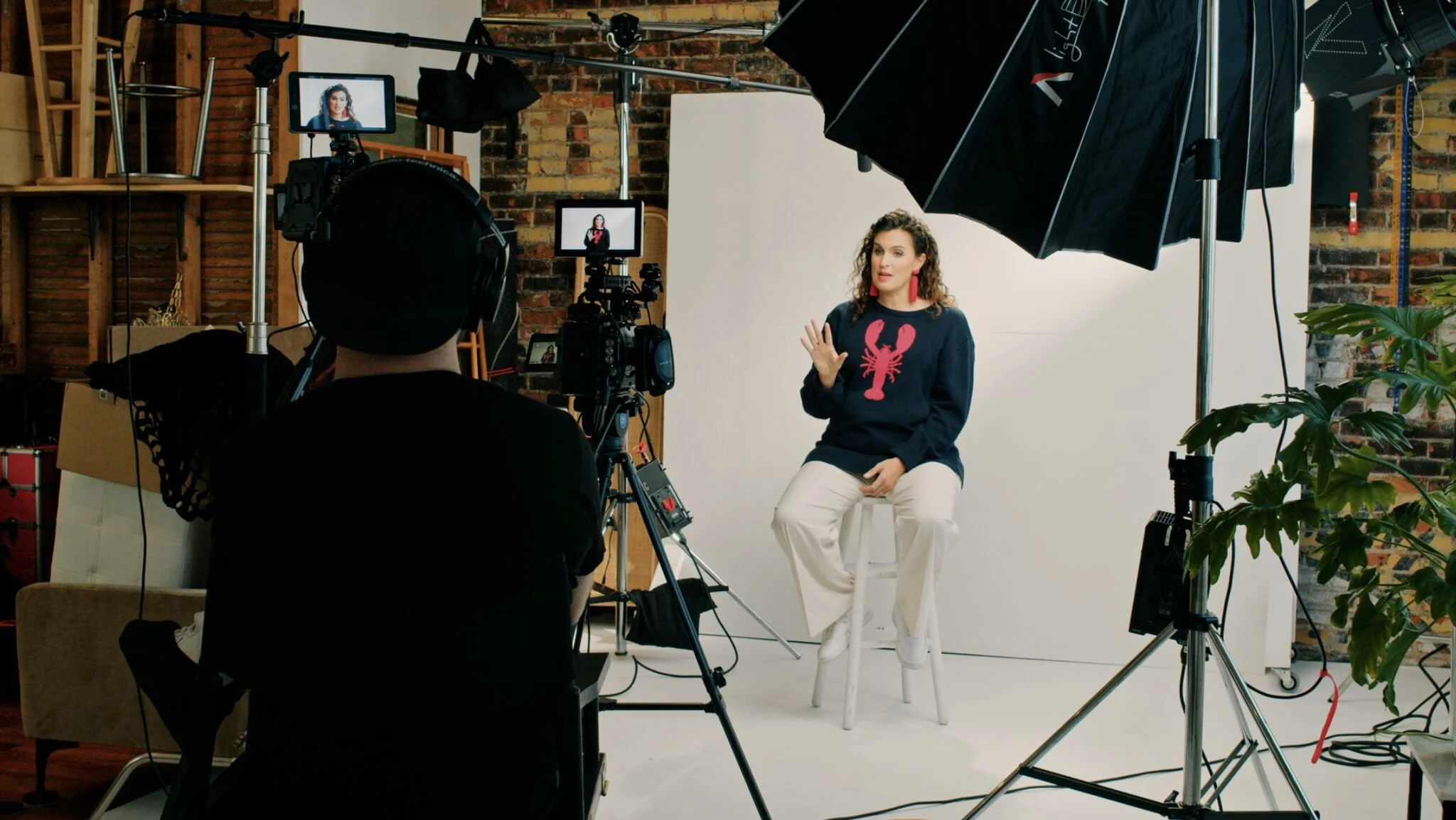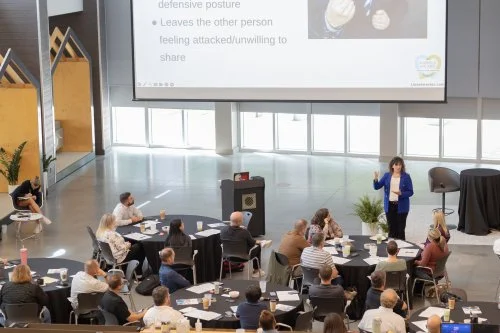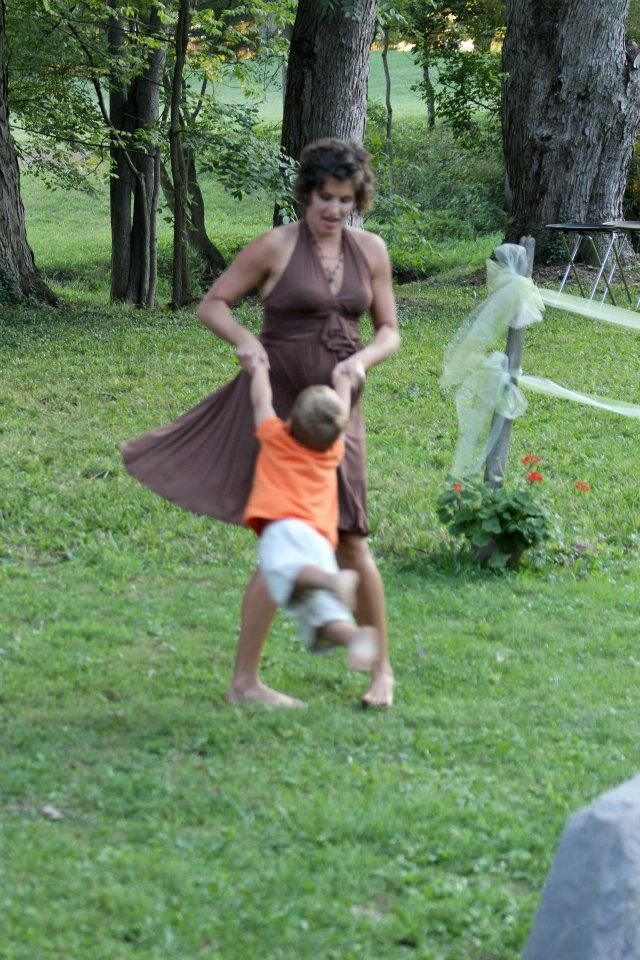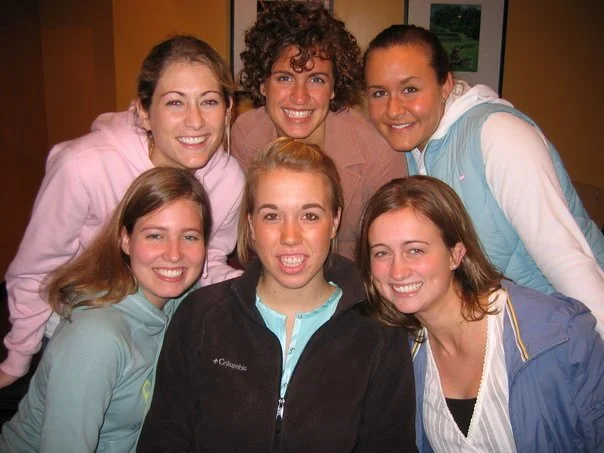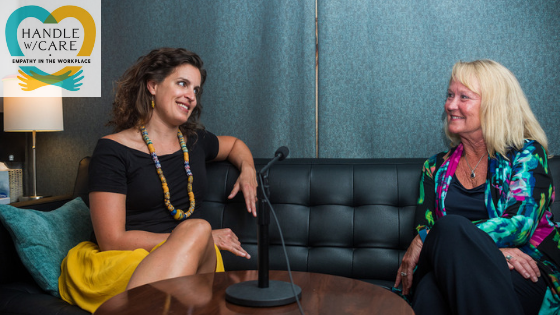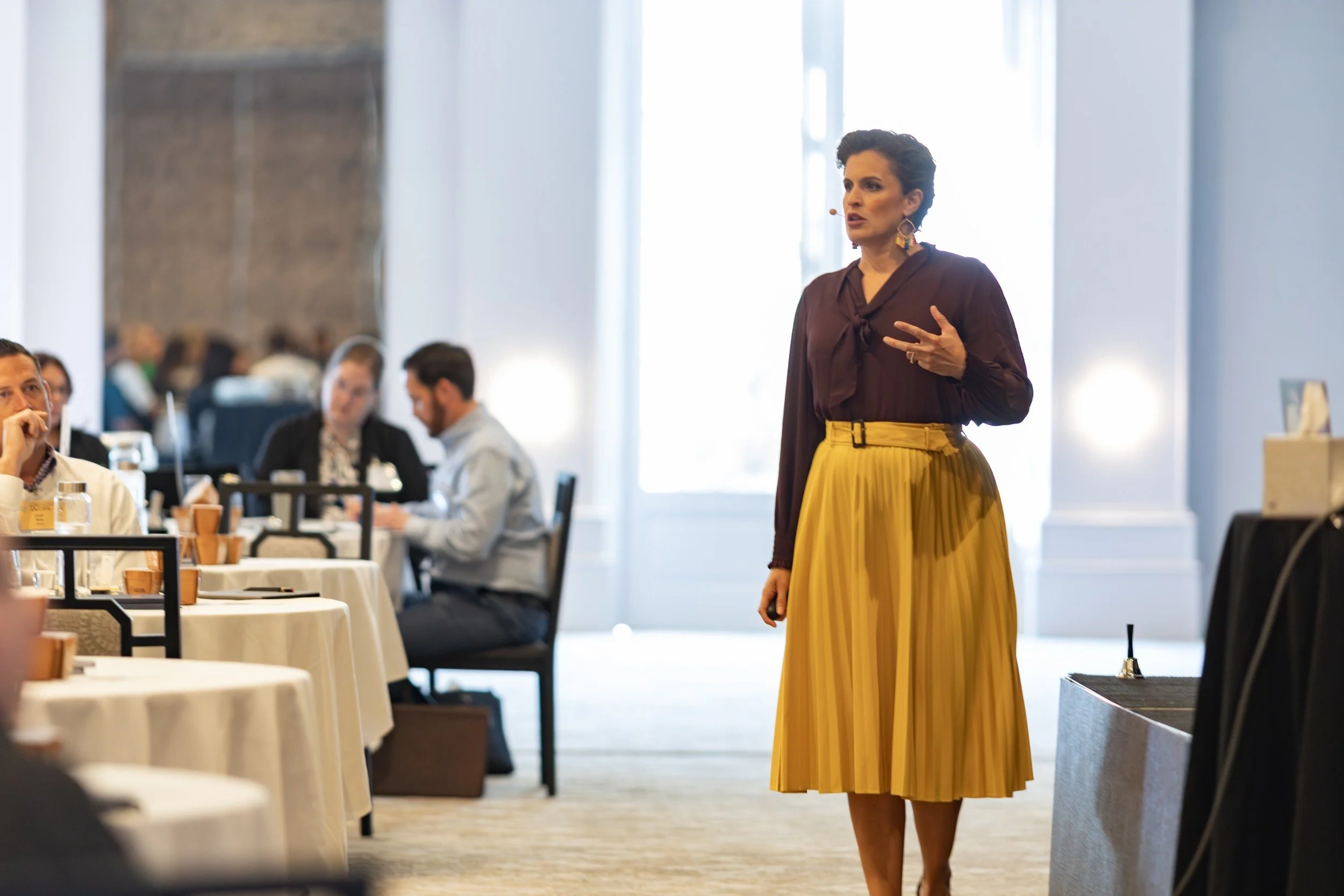
ON THE BLOG
CATEGORIES
↓
FEATURED POSTS
help for the holidays
The Holidays Can Be Hard - when little things feel big
In the grey and grinding months after our daughter, Mercy Joan, died, my mother gave me a set of seven ceramic birds. “A reminder that you will always be a family of seven.” I displayed them on our mantle…poignant, a little cheesy, and unfortunately vulnerable to the daily antics of Magnus.
Empathy In The News
Empathy for Trying Times: A Midyear Report
how to care
How an Anonymous GI Saved my German Grandmother - An Empathy Story
how to care
What my dying dog taught me
how to care
Self Loathing Sally and Avoidant Andy
Recent Posts
I do not think it means what you think it means...
After a few minutes, I realized the substantial misunderstanding.
I'd been telling her "we all will die someday"
And she'd been hearing, "we all will die Sunday"
What was, for me, a pedestrian afternoon was, in her mind, the last day on earth...and she couldn't figure out why I was so nonplussed!
Here are a few practical tips to help you communicate with clarity and care.
How to Help This Holiday Season
First, take a moment to consider the people in your life - and what they've been through this year.
How to Help This Holiday Season
It's a relatively happy week in my house. There are homemade cookies on the counter, Christmas music thrumming in the background.
Of course, we are also a household much like yours - one child is "so bored" and another is sniffling, but, on the balance, this feels like a steady year.
Especially compared to some past seasons - like last year, where Luke (my husband) was recovering from a second leg surgery. And I'm grateful.
But, even as I sit down to type, I'm reminded that not everyone is having a stable, abundant Christmas.
A colleague's mother died this Sunday.
A favorite college professor died over the weekend (his daughter is the same age as mine).
My great-Aunt is in hospice care.
A friend is driving his children to Cincinatti Children's Hospital - heavy with uncertainty.
The gestures that matter
My daughter, Mercy Joan, died in February. By the time we got to the first Christmas after her death, almost 10 months had passed. Which is a long time and a short one, all at once.
We weren't magically back to some sort of normal - our hearts were limping into the holidays. But my two small, living children still yearned for a happy Christmas.
My mom and a friend drove down from Indianapolis - they brought a tree and lights and decorations - borrowed cheer in a hard and heavy year where joy felt far away.
Decorating for me in a year where I was decimated is just one gesture amongst many that helped me survive, stabilize, and thrive in the aftermath of a great sadness.
And many people forget the pain of medium-term loss, when so many of those early-supporters drop off.
What can you do?
First, take a moment to consider the people in your life - and what they've been through this year.
Deep disappointment
Job loss
Divorce
Relationship transitions
The death of a much-loved pet
Infertility
Sickness
Funerals
Is there someone that comes to mind? Take a moment - send a text, mail a card, give them a call.
Here is some language to borrow.
"I'm thinking of you - I know this year is hard."
"I'm remembering ____________, she always (share a memory here)"
"I'm holding a part of this sadness with you"
"Gosh, I know this isn't the year you would have chosen - I see a lot of strength in you"
Jimmy Stewart, Kermit the Frog, & end-of-year lessons from classic Christmas movies
For each of these films, the arc is towards hope. There is still time: time to delight in the life you have, time to create the life you want. And that is a good note to end on.
Help for the holidays: Let It Be - embracing it all
Maybe you are reading and thinking, that isn't me - I've had a pretty good year.
And, if that is the case, I'm happy with you! What a grateful thing.
But this is your annual reminder - someone out there is having a hard year and your care matters.
No one would help - lessons from a viral TikTok experiment
We'd like to imagine that the moment to practice care would come on a Tuesday morning, where you've had three meetings cancel, a hot yoga session, and a green smoothie in hand. You feel a zen-like calm and presence when someone comes into your office with a need or a heartache - ready to respond.
The reality is that moments to care almost never arrive like this. They come on a Thursday afternoon where you've been slammed all day and are late for a meeting and that tender human moment of interaction arrives.
Not to be a bummer, but October is the month where we remember dead babies
As many as 1 of every 4 women experience a miscarriage or infant loss - which means it is already affecting your workplace.
“It felt like a silent scream. I was just screaming and screaming on the inside but no one could see me or hear me.” - a working mother told me, just a few weeks after her miscarriage
Good gossip
Recommend people generously, speak about their strengths. Go onto their LinkedIn page and leave a glowing recommendation. Mention them in a room full of opportunities.
Tearing ideas and people down is cheap and easy work. Be a builder.
These are a few of my favorite things
When the news cycle feels heavy,
When the loudest voices are angry and full of blame,
It can feel hard/lonely/overwhelming to care for yourself, let alone to care for others.
You can lose energy and lose hope.
But the world needs us - it needs men and women who are commited to empathy and to care and to making our small areas of influence places where people thrive.
So, this week, I am highlighting a few of my current favorite things to give you a bit of a boost.
When a shooter comes to school
When the news is bad and I feel small, I feel myself tipping into despair: the problem is too big and that the people with the power can't or won't do what matters.
But the truth is that no small goodness is insignificant. And despair robs the world of the incremental grace that I can offer.
I'd rather write about the helpers. I'm reminded of a quote from my favorite neighbor-and-sage, Mr. Rogers:
If you look for the helpers, you will know there is hope.
Most of you will not do great things
There are problems that are way beyond my pay grade (and yours) - I will probably not do some big, epic thing in the world that will suddenly snap all that is broken back into focus.
But I can do a good work, right where I am planted, caring for my family and coworkers, reaching out when it matters, giving my money to meaningful causes, delighting in beauty and practicing gratitude. I can do a good work of willing the good for everyone that I encounter.
Lake Superior will kill you
Lake Superior always right-sizes me. When I am near her, I am awestruck by a force that makes me small.
This is an important truth: I am significant, but I am small.
Because the churn of work can make everything BIG.
You're not sad... And other, unhelpful things we say
What research, best practices, and personal experience show, again and again, is that one of the best ways to get a person regulated/back to a stable place is not by telling them that they aren't sad or admonishing them to just get over their feelings.
Acknowledgment is powerful. People want to feel seen and heard. When our emotions are witnessed, it helps us to move to a different state in freedom instead of pushing down our feelings, pretending that they aren't there, or hiding from a place of shame.
Check out the Handle w/ Care podcast
LISTEN TO THE PODCAST
Guests share about living (and leading) through the hard times. You get a behind the scenes look at the good, the bad, and the ugly. Each episode ends with actionable tips to make you a better manager, coworker, or friend.
featured episodes
S1, EP36
How can I honor her? Jason Seiden on life and meaning after his daughter’s suicide
S1, EP8
Divorce, depression, and alcohol: an interview with David Mills
S1, EP5
My husband had a brain injury: the challenge of long-term disability. An interview with Bess Malek-Maiorano
S1, EP1
My Wife Had Cancer: An Interview With Brad Grammar
S1, EP33
My partner is dead: drunk driving and sudden death. An interview with Barry Hoyer
S2, EP2
We Are Humans First: Empathy and International Teams - an interview with Jorge Vargas
Take the Quiz
Which Empathy Avatar Are You?
Every leader has one. Each comes with superpowers (and pitfalls). Meet yours today. Estimated time ~ 5 minutes.
Free Guide:
How to Help During Hard Times
Life is hard and complex, but caring for your people doesn’t have to be. This free guide offers a clear, easy-to-implement checklist for how to care for your team during disruptive life events.
From the first day, week, and month after disruption, this guide helps you show up with consistent meaningful words and actions while maintaining business priorities. Enter your info below and we’ll send you your free guide and put empathy to work.

